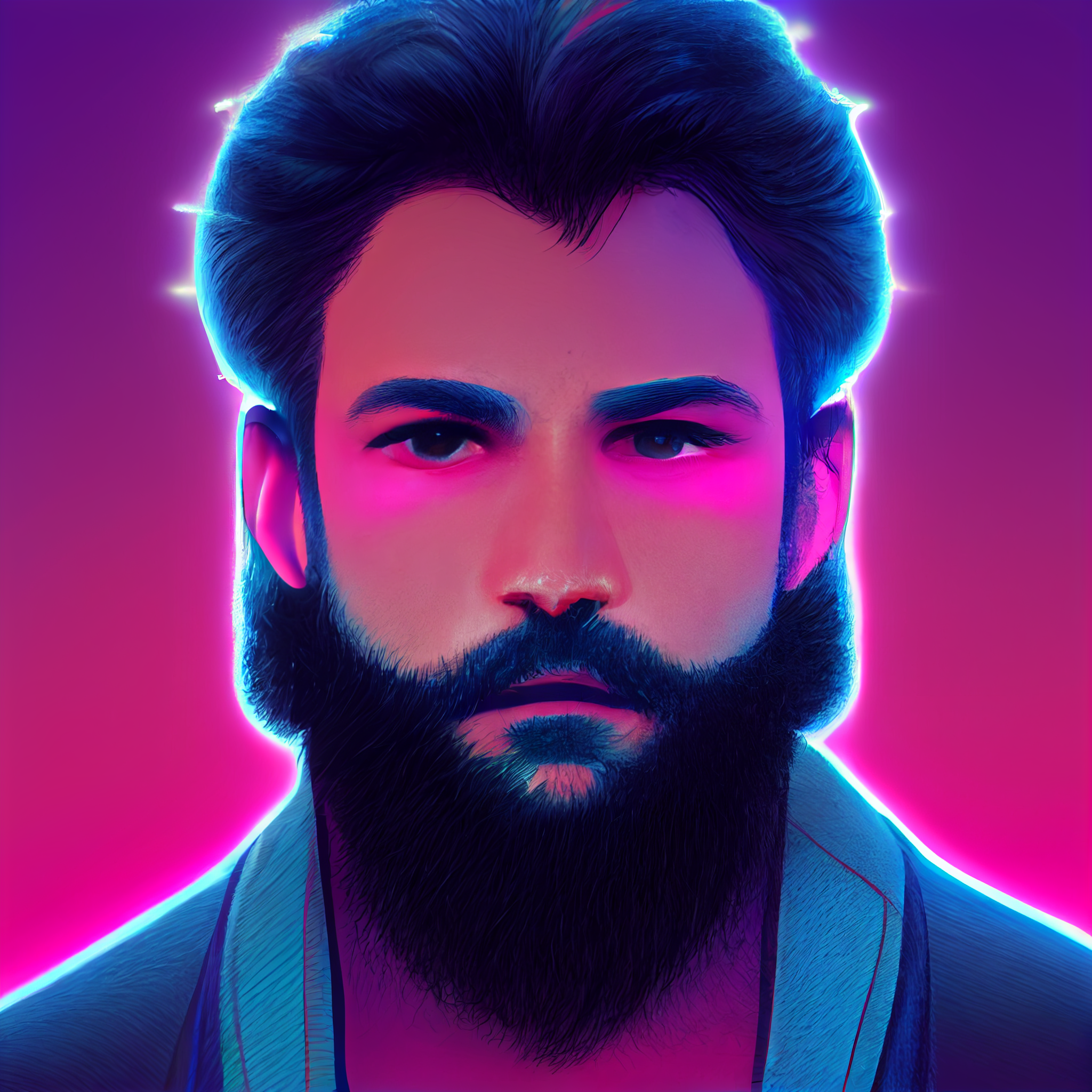Calibre is great for managing an ebook library, and okay for reading ebooks but the reader is clearly not its primary focus, so I’m wondering what readers folks here use across platforms.
I know of a few, but I’m always on the lookout for different options that may have features I didn’t realize I’d love to use.
Depends on device for me. For android I use Librera for books, Tachiyomi/Kotatsu for manga/comics, on the old Kindle I was gifted (Kindle Touch 2) I use KOReader so I can read epubs. For desktop I do use Calibre for reading, though I’m not a big fan of their reader. I mainly read textbooks on desktop and find the search features useful, which is the main reason for using it, it all works well enough. I had issues getting Okular to work well on my computer, but I’ve heard it’s good? Here’s hoping I can unify things a bit in the future.
Eta: I forgot I actually started using Seeneva for comics, since I like the speech-bubble zoom feature
I had issues getting Okular to work well on my computer, but I’ve heard it’s good?
Which OS were you trying it with? I was pleasantly surprised when I found it was available on Windows, and a simple install had it working for me. Another option to consider if it still gives issues (and you’re on Windows) may be SumatraPDF, which despite the name supports a wide range of formats.
I’m running Debian. Okular worked for smaller epubs just fine iirc, but was struggling with large textbooks which is what I was using it for (Deitel Java specifically). Took forever to load, and was sluggish to search.
Unfortunately it looks like sumatra is windows only, but I’ll keep searching!
I use Koreader. It’s a bit heavy because it has basically any option you can think of, it works on a wide multitude of platforms, and can have weird bugs sometimes but hardly ever. But the way I read, I need some settings that aren’t in very many readers and it has them. Try it out.
I’ve also had good luck using syncthing to sync my library (and progress) across devices with koreader.
ReadEra on android and Calibre’s reader on Xubuntu desktop.
Might look into some of the stuff suggested here.
Foliate on PC, Librera FD on Android.
I have Foliate on Linux too, it’s great.
lately I just open them on my phone and have the screen reader read it to me. I don’t have to turn pages and it works with the screen locked too.
Librera is the one I’d recommend if you care about customisation, and it also has TTS (Text To Speech), which is why I use it almost exclusively.
Myne is a beautiful and minimalistic app that lets you read books from the Gutenberg project. I have asked the developer, and they have no intention to add TTS functionality to the app.
Shosetsu is the best app for fanfiction (AO3 extension) and lightnovels. It recently got a TTS feature as well, but that feature is not very usable in its current implementation.
koreader is good if your platform supports it.
I use a second-hand kindle on airplane mode and just transfer books to it from calibre. E-ink is better for my eyes.
deleted by creator
Speaking personally, it’s just that non-eInk displays are simply what I have to work with and they don’t bother me to read on.
I’m kind of confused, given that most displays don’t use e-Ink…Do you minimize your web browsing as a result, or is it different compared to reading ebooks for you?Disregard the question, rereading your post you address it, it just hadn’t fully clicked as I’ve not talked to many people with your experience.
deleted by creator
I think AMOLED screens might make a huge difference. I’ve read countless novels on my phone with zero eye strain because the black pixels are actually entirely unlit and literally black. This means the brightness for the letters can be extremely low while remaining legible and comfortably readable for hours.
deleted by creator
If you prefer eink but want the size of a phone, there are some good, cheap phone sized android eink readers now. You have to hack them a bit to get English instead of Chinese, or buy from a seller on aliexpress who already did it for you, but it’s not a problem. I use a moaan inkpalm and I couldn’t be happier. I find myself reading in the odd moments I have here and there, which is not something I managed to do with my kindle.
deleted by creator
You say you haven’t talked to many people like me, can you just concentrate on novels reading them on a screen exhausting to your eyes? Or does reading for hours on normal screens not exhaust them for you?
The second one. Reading for hours on normal screens doesn’t exhaust my eyes, just a little mental fatigue depending on the type of book or how long I’m reading.
I’d like to hear from people who read more on those devices.
I started reading books electronically on my Palm Pilot III, later a Palm V, then a SONY Clie. I loved the convenience of it, especially because I didn’t have the shelf space for all my books at home and I’m into 800+page fantasy books that are a hassle to carry around. After reading on PDAs anything is a luxury. These days I read on my smartphone when out and 11inch iPad at home. It’s important to manage display brightness though to not tire the eyes, unlike eInk which depends on ambient light.
I generally use Google play books, it syncs across devices and have translation which is good as I started reading French books. But these features are also available on other readers like Kindle.
Interestingly I once worked on an eInk reader for a book chain competing with Amazon. I didn’t get any freebie though.
deleted by creator
I had a similar experience. Back before epub took off, I started reading Gutenberg books on my wince phone. I think I was using an app called jbookshelf. Even then I loved the convenience of it.
Once android happened, I switched to epubs and it was so much better.
Now I’m mostly using koreader, along with kindle and Google play books. I prefer reading anything in a foreign language on Kindle, because it’s so easy to look up words.
came here to say this.
Believe it or not, DeGoogled-Chromium with Dark Reader. It makes for perfect dark mode
I really like Alexandria on desktop and there’s android support on the roadmap on GitHub.
Okular it can read pretty much any format. MoonReader+ on my android devices.
I am surprised I haven’t seen Kavita show up here yet! It’s a very nice self hosted ebook/manga/comic reading server that you can access from a web browser on any device. It’s really matured over the years.
I have a few thousand novels in there and really like being able to hop between devices while keeping my spot in a book.
I use Lithium on android. The dark mode is great for night reading.
Not open source but the app is ad free and has zero trackers.
I also use Lithium.
If I only read on my phone, I’d use Librera. But for syncing between my Onyx Boox device and my phone, KOReader is hard to beat.
Switched from the proprietary moon+ reader to Librera because of this comment and I’ve been happy with it. Presentation’s quite different but all the functionality I like is there, including custom fonts. Thanks for posting about this software!

I use Ttsu Reader. Browser-based so it’ll run on anything, and has all the conveniences thereof.
Edit: Unless I’m actually using my Kobo, then I’ll just use my Kobo.
I wish I could get this site to let me rotate by 90 degrees. I only have a single monitor and it displays it horizontally instead of vertically. Which would make sense for a tablet or phone that you could physically rotate.
I also use Calibre as a library manager, but I haven’t found another way to read that is not my kobo. The not e-ink screens just tire my eyes too much.











